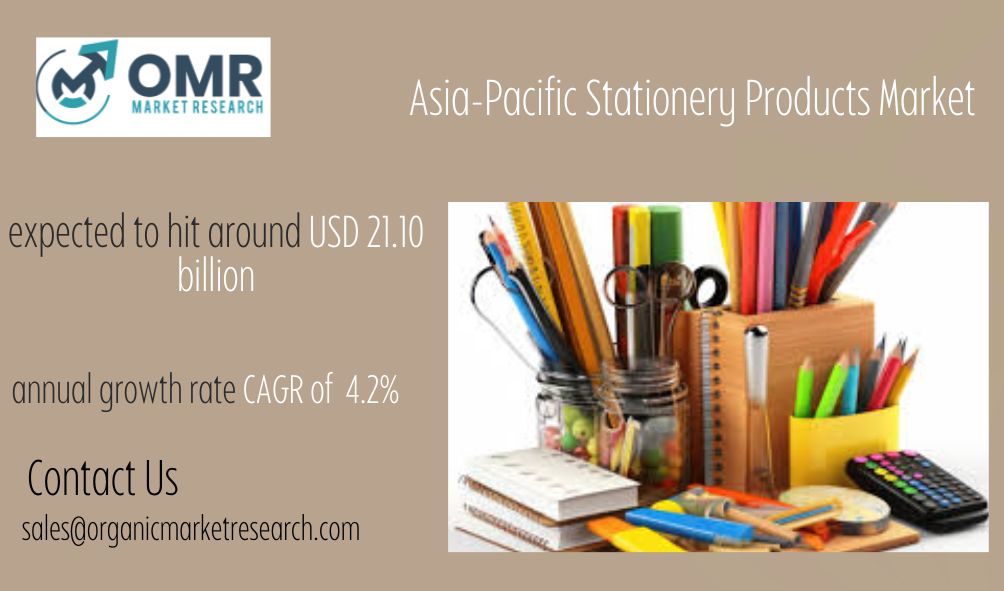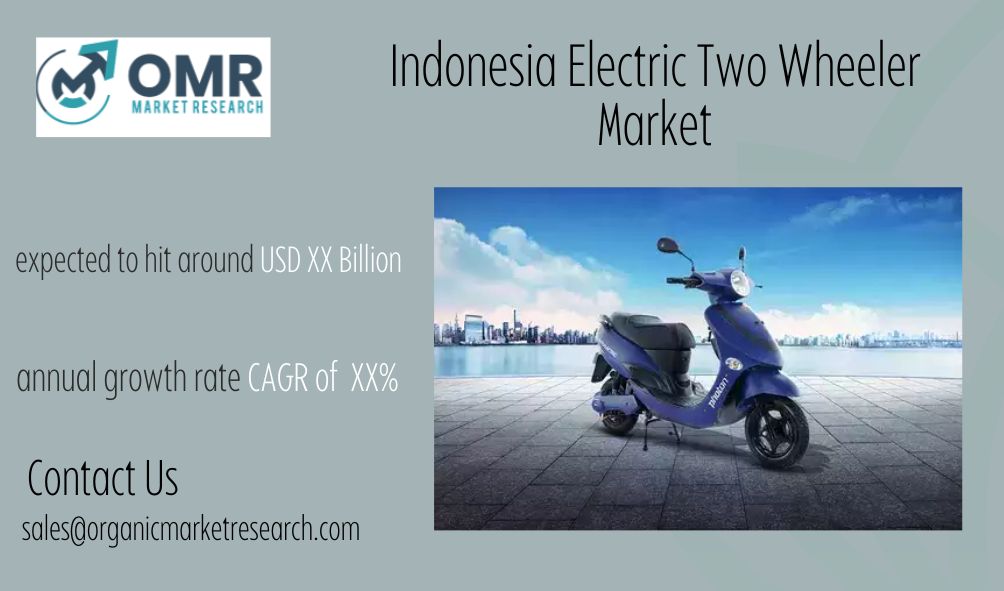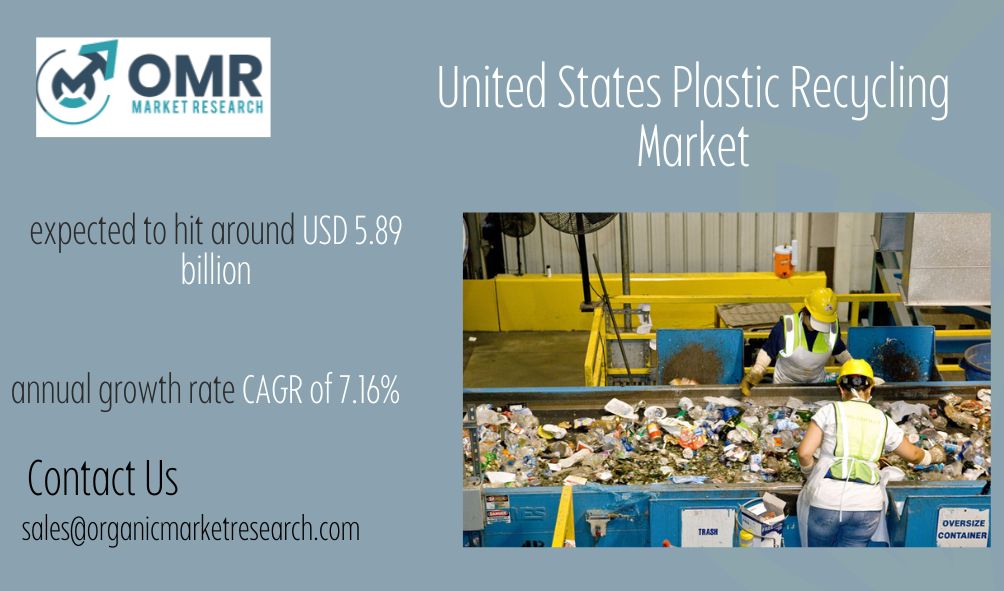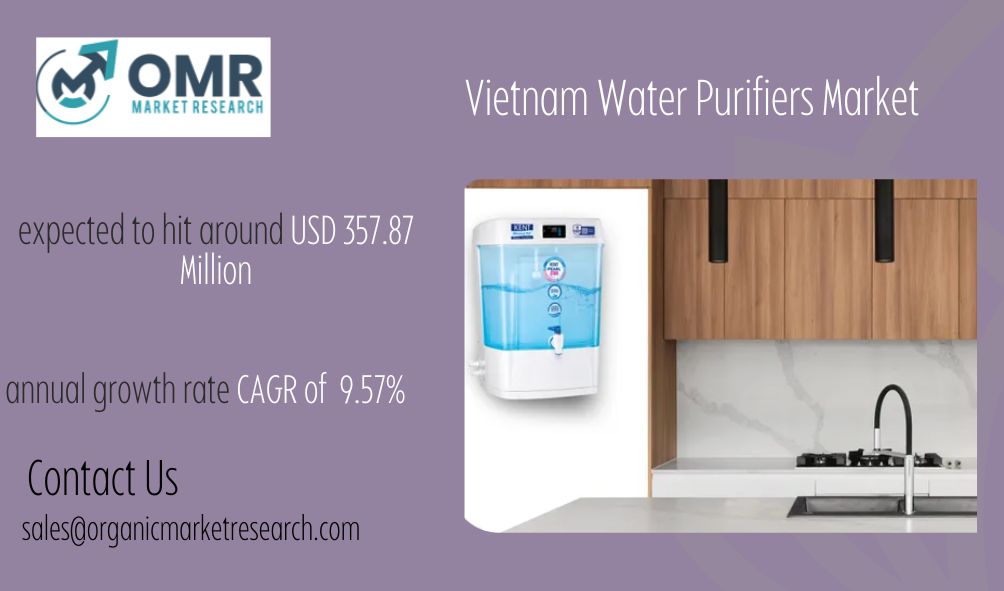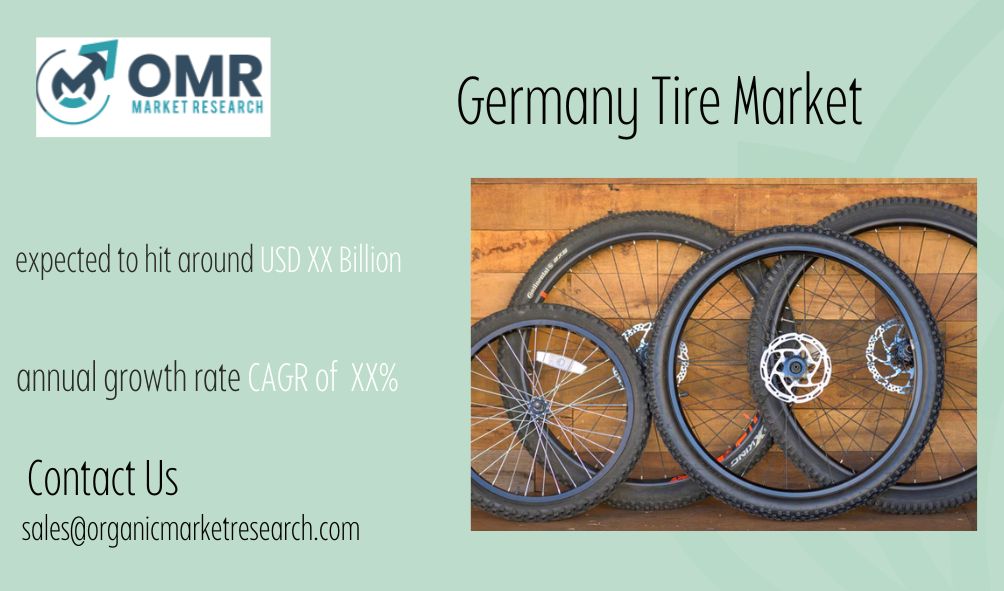United States Plastic Recycling market size was USD 3.16 billion in 2023 and the market is projected to touch USD 5.89 billion by 2032, at a CAGR of 7.16% during the forecast period. Plastic recycling involves gathering spent plastics, categorizing them by kind, cleaning and shredding them into minute pieces, and finally melting and reforming these materials into new goods. This technique conserves natural resources, lowers greenhouse gas emissions, and reduces the quantity of plastic waste that ends up in landfills or oceans.
In recent years, the United States has placed a greater emphasis on plastic recycling as a result of rising environmental consciousness and legislative restrictions. Recycling companies, waste management corporations, and producers of items that use recycled plastics are among the market’s major players. The market has obstacles such as the complexity of separating different types of plastics, contamination issues, and unpredictable market demand for recycled materials.
United States Plastic Recycling report scope and segmentation.
United States Plastic Recycling dynamics
Regulatory frameworks at the federal, state, and municipal levels are critical in motivating recycling initiatives and establishing plastic waste reduction goals. Policies such as extended producer responsibility (EPR) and landfill bans on specific plastics stimulate investment in recycling infrastructure and collaboration among government agencies and industry stakeholders.
Consumer awareness and preferences have a major effect on market dynamics. Growing public concern about environmental sustainability leads consumers to seek recycled items, driving businesses to include recycled plastics into their supply chains. Corporate sustainability initiatives and commitments to minimize carbon footprints are driving demand for recycled plastics across numerous sectors, including packaging, automotive, construction, and consumer goods.
Technological advancements in recycling processes enhance efficiency and expand the types of plastics that can be effectively recycled. Innovations in sorting technologies, chemical recycling methods, and material recovery facilities (MRFs) improve the quality and yield of recycled plastics, making them more competitive with virgin materials in terms of cost and performance.
United States Plastic Recycling drivers
Regulatory Support and Incentives
Regulatory frameworks at the federal, state, and local levels give vital support to the US plastic recycling industry. Measures such as extended producer responsibility (EPR) legislation, which force manufacturers to handle end-of-life products, and landfill prohibitions on specific plastics encourage investment in recycling infrastructure. These restrictions not only encourage compliance, but also drive innovation in recycling technology and procedures. For example, initiatives that promote closed-loop recycling systems encourage collaboration between businesses and governments to improve collecting, sorting, and processing capabilities. Furthermore, financial incentives such as tax credits for recycling investments and grants for research and development stimulate market expansion, making recycling economically viable for firms and appealing to investors.
Consumer Demand for Sustainable Products
Increasing consumer awareness of environmental sustainability is a major driver of the US plastic recycling business. Consumers increasingly prefer products packaged in recycled materials and are willing to pay a premium for environmentally friendly solutions. This trend puts pressure on firms to incorporate recycled plastics into their supply chains in order to meet consumer expectations and boost brand reputation. Furthermore, corporate sustainability programs and commitments to minimize carbon footprints fuel demand for recycled plastics in a variety of industries, including packaging, automotive, and electronics. Companies are incentivized to demonstrate environmental stewardship by using recycled resources and thereby supporting a circular economy.
- Restraints:
Contamination and Quality Issues
The contamination of recycled plastics remains a significant concern for the US recycling business. Variability in plastic kinds, a lack of consumer knowledge on correct recycling processes, and inadequate sorting infrastructure all contribute to contamination. Contaminated plastics reduce the quality and value of recycled materials, restricting their use and market appeal. Addressing contamination involves investments in enhanced sorting systems and education programs to encourage recycling habits and ensure higher-quality recycled outputs suited for a variety of applications.
Volatility in Global Recycling Markets
The US plastic recycling market is vulnerable to variations in worldwide recycling markets, which are impacted by international trade rules, commodity prices, and market needs. Changes in recycling export regulations in key importing nations affect the flow and price of recycled plastics. Market volatility can disrupt supply chains and reduce profitability for recyclers and manufacturers who rely on recycled resources. Diversifying recycling markets, improving domestic processing facilities, and developing robust supply chain strategies to adjust to global economic developments are all ways to reduce these risks.
- Opportunities:
Technological Advancements in Recycling Processes
Continuous improvements in recycling technologies create considerable prospects for the US plastic recycling market. Chemical recycling innovations, sorting robotics, and AI-driven material identification all boost efficiency, recycling yields, and recycled plastic quality. These technologies allow recyclers to process a wider range of plastic types and recover higher-value components, hence increasing the market potential for recycled plastics across industries. Investing in R&D projects, as well as collaboration between technology developers and recyclers, can speed the adoption of advanced recycling solutions and promote market growth.
- Segment Overview
The plastic recycling industry in the United States is divided into many primary product divisions, each representing a specific type of plastic that is typically recycled. Polyethylene (PE), including high-density (HDPE) and low-density (LDPE) versions, is commonly recycled due to its versatility and application in packaging, pipes, and consumer products. Polyethylene Terephthalate (PET), which is commonly used in beverage bottles and food packaging, is another important recycling segment that aims to reduce landfill waste and improve sustainability. Polypropylene (PP), which is extensively used in automotive parts, textiles, and food containers, is also recycled to save resources and meet the demand for recycled plastic materials. Polyvinyl chloride (PVC), utilized in construction materials, medical equipment, and pipelines, poses recycling issues due to additives, but is increasingly targeted for recycling projects. Polystyrene (PS), used in packaging and insulation, is recycled to mitigate environmental impacts associated with its disposal.
In the U.S. plastic recycling market, processes such as Mechanical Recycling involve sorting, shredding, and melting plastic waste to produce recycled pellets used in various applications. This method is effective for post-consumer plastics like bottles and containers. Chemical Recycling, including methods like pyrolysis and depolymerization, breaks down plastics into raw materials or fuels, offering solutions for complex plastics or contaminated materials that are challenging to mechanically recycle.
United States Plastic Recycling market competitive landscape
Major players in the industry include trash Management Inc., Veolia North America, and Republic Services, who have substantial recycling infrastructure and comprehensive trash management services. These organizations use economies of scale and extensive industry knowledge to manage enormous volumes of recycled materials across a variety of industries, including packaging, automotive, and construction.
In addition to the major waste management companies, specialized recyclers such as KW Plastics and Merlin Plastics provide niche recycling solutions customized to certain plastic kinds and end-use applications. These companies prioritize technological innovation and process efficiency to increase recycling yields and provide high-quality recycled materials suitable for demanding applications. Start-ups and technology-driven firms such as Loop Industries and Brightmark are pioneering advanced recycling technologies like chemical depolymerization and polymer upcycling, aiming to address challenges associated with complex plastics and contaminated waste streams.
Collaborations between recyclers, manufacturers, and consumer goods companies are fostering closed-loop supply chains and promoting the use of recycled plastics in new product development. These partnerships drive innovation in sustainable packaging solutions, automotive components, and consumer electronics, aligning with corporate sustainability goals and regulatory mandates for reducing plastic waste.
United States Plastic Recycling Recent Developments
- In Nov 2022, WM and Dow have announced a significant collaboration aimed at enhancing residential recycling of hard-to-recycle plastic films. This initiative will enable consumers in selected markets to directly recycle these materials through curbside recycling programs. Currently, only 1.9% of U.S. households have access to curbside recycling for plastic film, which has one of the lowest overall recycling rates among plastics. Once fully operational, this program is projected to help WM divert over 120,000 metric tons (MT) of plastic film from landfills each year, as noted by The Recycling Partnership.
Scope of United States Plastic Recycling report
United States Plastic Recycling report segmentation
In case you don’t find what, you are looking for, please get in touch with our custom research team at
Latest Report
https://organicmarketresearch.com/united-states-renewable-energy-market
https://organicmarketresearch.com/uae-kitchen-furniture-market
https://organicmarketresearch.com/saudi-arabia-satellite-internet-market
https://organicmarketresearch.com/japan-fintech-market
Contact Us
+91 9319642100
sales@organicmarketresearch.com
Noida One Tower Sec 62 Noida 201301
Website: https://organicmarketresearch.com



